Imagine your political campaign taking off like a cat video on the internet—unexpected but surprisingly effective. In the digital age, mastering online marketing strategies isn’t just an option for politicians; it’s necessary to connect with voters where they spend a considerable amount of their time: online. With tools like Plerdy, analyzing website behavior and optimizing for user engagement becomes not just simple but essential for campaigns looking to gain an edge. This introduction lays the groundwork for leveraging digital marketing to reach voters and engage them in meaningful ways that can sway elections. Let’s dive into how you can turn digital platforms into powerful allies in your political journey.
Developing a Dynamic Digital Marketing Strategy for Political Campaigns
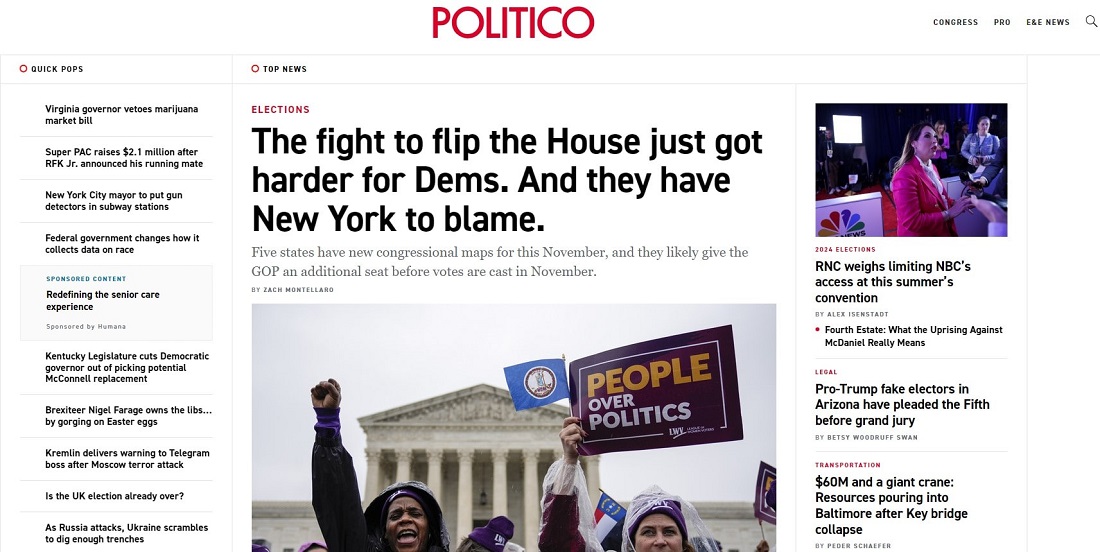
Political campaigns need a dynamic online presence to match their interactions with constituents in the fast-changing digital landscape. This digital engagement strategy allows for connections on a much larger scale, embodying the modern equivalent of personal handshakes. Let’s explore the strategic construction of this digital handshake through effective marketing tactics.
Website as the Core of Your Digital Marketing Campaign
Websites are the foundation of political campaign digital marketing. This digital headquarters is where voters find comprehensive details about you, signifying the importance of a user-friendly, quick, and optimized platform for mobile usage, reflecting over 50% of global web traffic trends. Essential components include detailed sections on your political stances, biography, upcoming events, and supporter involvement or donation options. Effectively, your website is the online office of your political campaign—ensure it’s both inviting and packed with relevant information.
Social Media’s Role in Political Digital Marketing
Social media channels are vital in daily interactions with voters, pulsating with the vibrancy of your political campaign’s digital marketing efforts. Utilize Facebook for its wide reach, Twitter for timely updates, and Instagram for compelling visual storytelling. Each post, tweet, or story presents an opportunity to solidify your campaign’s marketing message and core values. Engaging directly with your audience through these platforms makes your digital presence interactive, encouraging a dialogue that enhances campaign visibility. Employing analytics tools helps identify which content engages your audience most effectively, allowing for continuous refinement of your digital marketing strategies.
A well-crafted digital presence is essential for bridging the gap between political campaigns and the electorate, transforming online interactions into real-world support. It involves creating a synchronized digital ecosystem that consistently conveys your campaign’s message and values across multiple platforms.
For politicians navigating today’s digital era, establishing a robust digital marketing presence is indispensable for campaign success. It’s the channel through which you connect with voters, share your political vision, and mobilize support. Emphasizing consistency in your online and offline personas—authentic, engaging, and dedicated—lays the foundation for a successful digital marketing campaign. Starting with your website and social media, expand your digital footprint to engage potential voters effectively. The digital domain offers vast opportunities for political campaigns, and with a strategic marketing approach, digital interactions can be leveraged to gain substantial electoral support.
Harnessing Data Analytics in Political Campaign Marketing
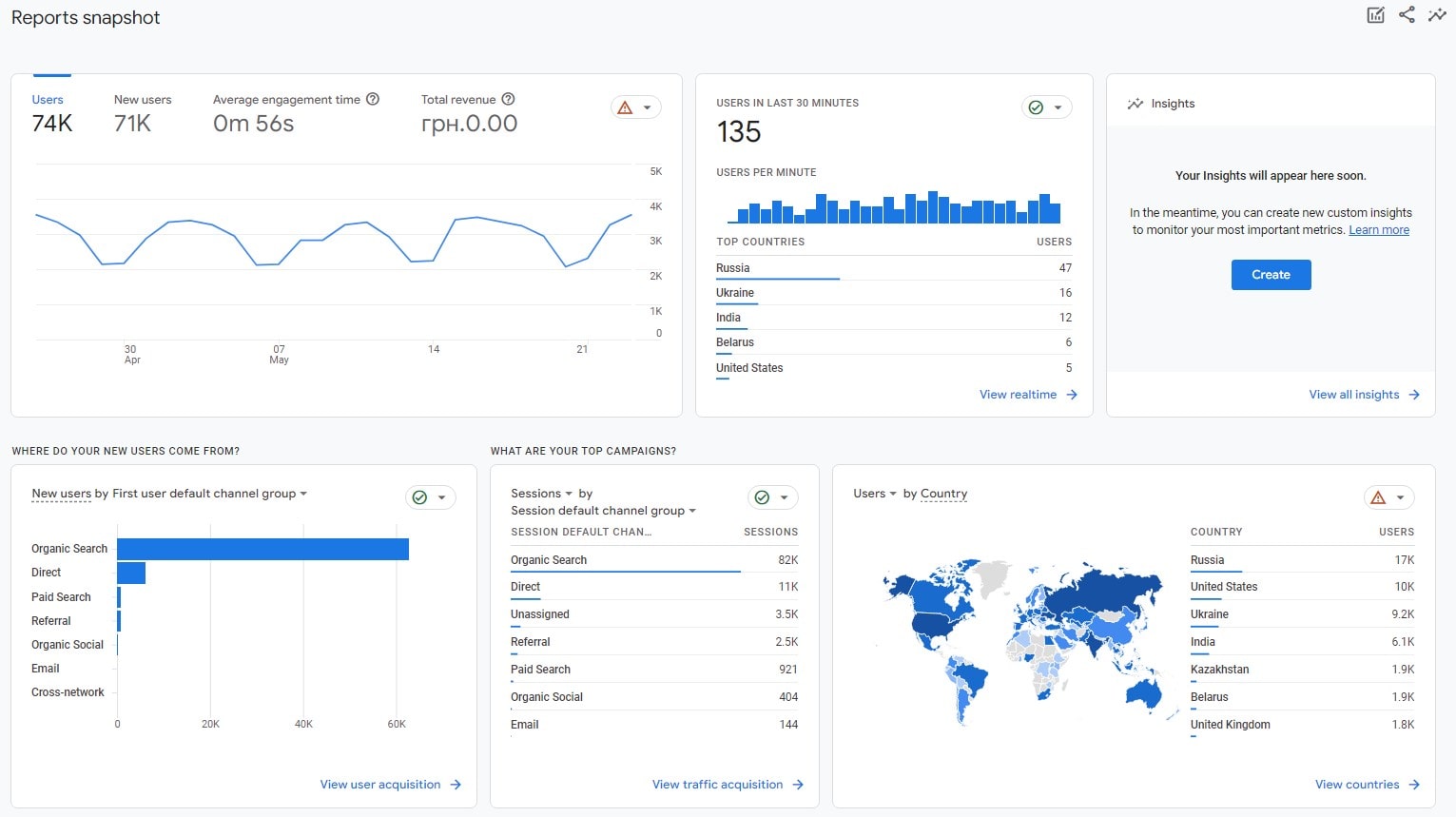
Data analytics, far from merely a buzzword for the tech-savvy, emerges as a pivotal force in political campaign marketing. Envision possessing a crystal-clear understanding of your voters’ priorities, online behaviors, and the most efficient channels to engage them. This encapsulates leveraging data analytics within a political digital marketing strategy.
Audience Segmentation for Targeted Campaign Marketing
Segmenting your audience facilitates the delivery of customized messages that strike a chord on an individual level. Through meticulous analysis of voter data, political campaigns can pinpoint specific demographics, interests, and behaviors. For instance, younger voters may be more interested in environmental policies, whereas older voters could lean toward healthcare issues. Digital tools like Google Analytics shed light on website visitors’ demographics, while social media platforms provide detailed metrics on audience engagement. This precision in campaign marketing ensures that each segment’s political message is heard and deeply felt.
Crafting Tailored Messages in Digital Political Marketing
With your audience neatly segmented, the next step involves developing messages that address their unique concerns and goals. Data analytics serves as a beacon, illuminating the most pressing issues for your audience segments and allowing you to align your campaign’s key messages accordingly. If analytics indicate a strong concern for job security among your audience, your digital marketing strategy can emphasize your employment policies. Resources like the Pew Research Center become invaluable in this context, offering insights into public opinion and trends that can fine-tune your messaging approach.
The application of data analytics in political campaign marketing transcends the generic, enabling a nuanced, strategic dialogue with voters. It’s about ensuring every voter feels recognized and valued, boosting engagement and support for your campaign.
Data analytics revolutionizes political campaign marketing by converting extensive data sets into actionable insights, fostering a deeper, more meaningful connection with voters. Understanding your audience in-depth and delivering messages that resonate with their specific concerns transforms your campaign into a compelling narrative. In today’s digital marketing landscape, data represents the collective voice of your prospective voters. By attentively listening and adapting, you pave your campaign’s road to success with informed, data-driven decisions.
Content Marketing for Politicians
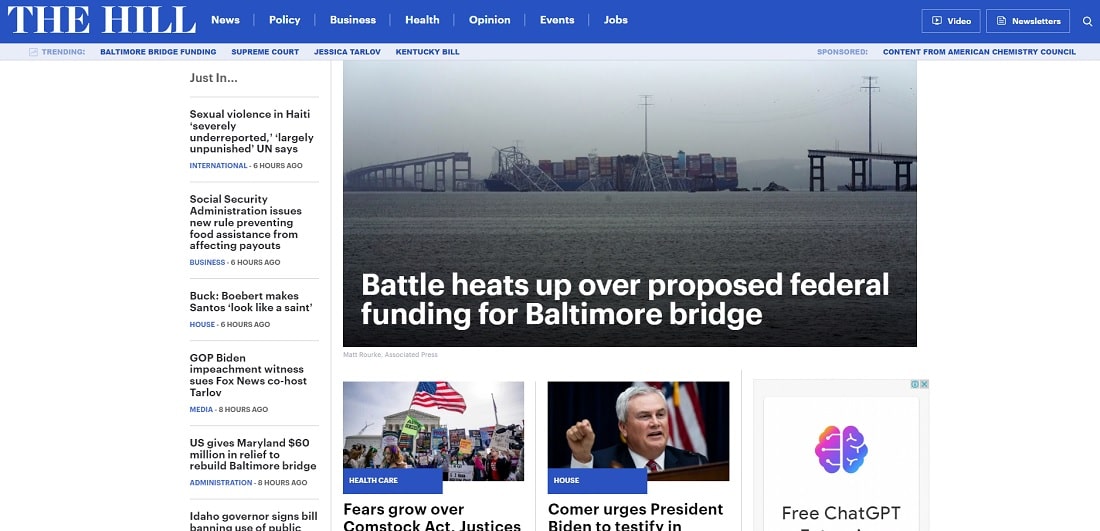
In the digital battleground of political campaigns, content is your artillery. It’s not just about blasting information; it’s about connecting, engaging, and persuading. Audience-friendly material can help you win.
Crafting Compelling Messages
Content marketing works best when it addresses voters’ problems, dreams, and needs. Every blog post, video, and tweet should serve as a bridge between your policies and the daily lives of the electorate. For instance, a blog post can detail how your environmental policy will directly improve air quality in your community, making it relatable and tangible. The key is to be authentic and factual, ensuring your content is grounded in truth and resonates with your audience’s values. Resources like the Content Marketing Institute offer strategies to enhance your messaging.
Distribution Channels
As important as content is choosing the correct distribution outlets. Each channel serves a unique segment of your audience. Instagram can engage younger voters with visual content, while LinkedIn might be more suitable for discussing detailed policy impacts with professionals. Email newsletters allow for more in-depth discussions and direct calls to action, such as volunteering or donating. Diversifying your distribution channels ensures that your message reaches as broad an audience as possible.
Content marketing in politics is about building a narrative voters can relate to. It’s about proving that you understand their concerns and have viable solutions.
Successful content marketing for political campaigns hinges on authenticity and strategic dissemination. Your material should inform, inspire, and mobilize. By aligning your messages with your audience’s values and utilizing a mix of platforms to reach them, you can build a campaign that resonates deeply with voters. In the age of information overload, the campaigns that tell the most compelling stories are the ones that stand out.
Digital Advertising in Political Campaign Marketing
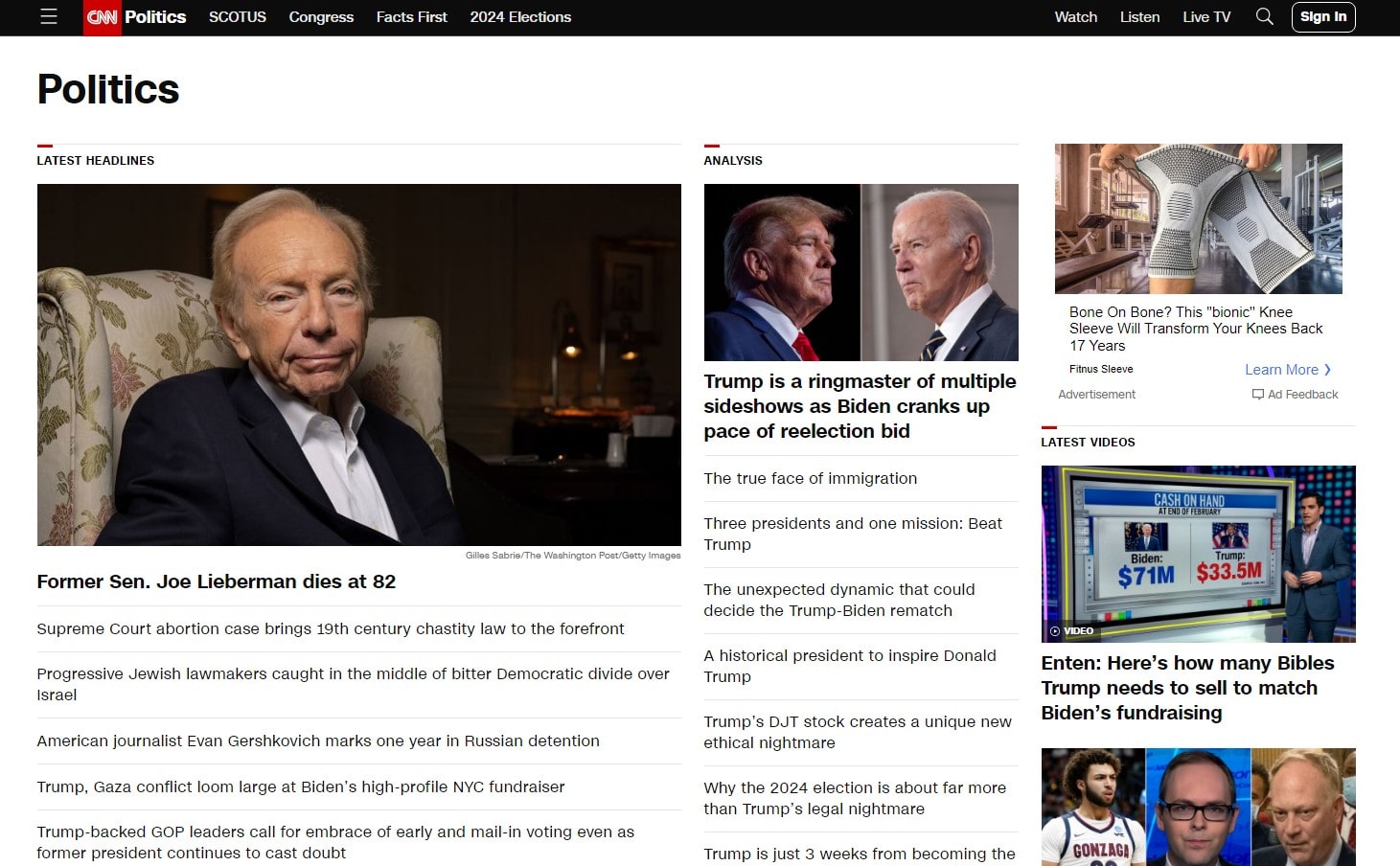
Digital advertising will make your political campaign message stand out in the noise. It acts as the modern-day equivalent of a billboard positioned on a bustling highway, yet with the enhanced capability to target precisely those voters most susceptible to your campaign’s influence.
Selecting Optimal Ad Platforms for Political Digital Marketing
The choice of the right ad platform is pivotal in political digital marketing. Each platform offers unique advantages and targets different voter segments. Facebook and Google Ads are paramount for their extensive reach and advanced targeting mechanisms. Facebook’s platform excels in demographic, geographic, and interest-based targeting, enabling the fine-tuning of your message to resonate with the desired electorate. Google Ads positions your political campaign in the sightline of voters seeking political information and issues pertinent to your agenda. Insights for optimizing your campaigns can be found on the Facebook for Business page, a treasure trove for political digital marketing strategists.
Evaluating Digital Advertising Success in Campaign Marketing
The true allure of digital advertising within campaign marketing lies in its quantifiability. Analytics tools like Google Analytics offer immediate insights into your ads’ performance, permitting real-time strategy adjustments. Key performance indicators (KPIs), like click-through rate (CTR), conversion rate, and cost per acquisition (CPA), are instrumental in assessing your ads’ efficiency. Monitoring these metrics ensures your marketing budget is allocated effectively, optimizing the return on every dollar spent. The Google Analytics website emerges as an invaluable resource for those delving deeper into KPIs.
In political campaign marketing, digital advertising is not merely about enhancing visibility; it’s about maximizing each voter interaction. By strategically selecting your platforms and rigorously analyzing performance, your digital advertisements can substantially bolster your campaign’s reach.
Digital advertising allows you to reach voters directly via digital noise. Success hinges on selecting suitable platforms for your target audience, crafting impactful messages, and ceaselessly refining based on analytical feedback. As you traverse the intricate digital advertising landscape, remember that the objective transcends mere exposure to genuinely engaging voters, transforming them from passive viewers to active campaign advocates.
Email Campaigns for Politicians
In the digital era, where every click and scroll carries meaning, email campaigns are a direct line to voters’ hearts and minds. Unlike social media, which is fleeting, emails sit in inboxes, waiting to be opened, read, and acted upon. They are personal, targeted, and, when done right, remarkably effective.
Building a Subscriber List
The foundation of a successful email campaign is a robust subscriber list. Start by inviting website visitors to sign up for updates and providing useful information. The key is to build this list ethically and with consent, ensuring subscribers genuinely want to hear from you. Tools like Mailchimp provide easy-to-implement signup forms and manage subscriptions, helping you grow your list while staying compliant with privacy laws.
Effective Email Content
Content is king, even in your inbox. Each email should provide value, whether it’s an update on your campaign’s progress, an invitation to an event, or insights into your policy plans. Personalization can significantly increase engagement rates, making recipients feel like you’re speaking directly to them. Most email marketing solutions offer segmentation to adapt messages by demographics, interaction, or other variables. HubSpot’s blog is an excellent resource for inspiration on crafting compelling email content.
Email campaigns are a unique way to connect with voters. It’s a platform for dialogue, not just broadcasting, inviting feedback, and fostering community among your supporters.
The effectiveness of email campaigns in political strategies cannot be overstated. It’s about more than just sending out information; it’s about creating a narrative that engages, informs, and mobilizes. As you refine your email strategy, remember the importance of consent, personalization, and continuous engagement. If you are done well, email can be one of your most powerful tools in the digital campaigning arsenal, turning passive readers into active supporters and advocates for your cause.
SEO for Political Campaigns
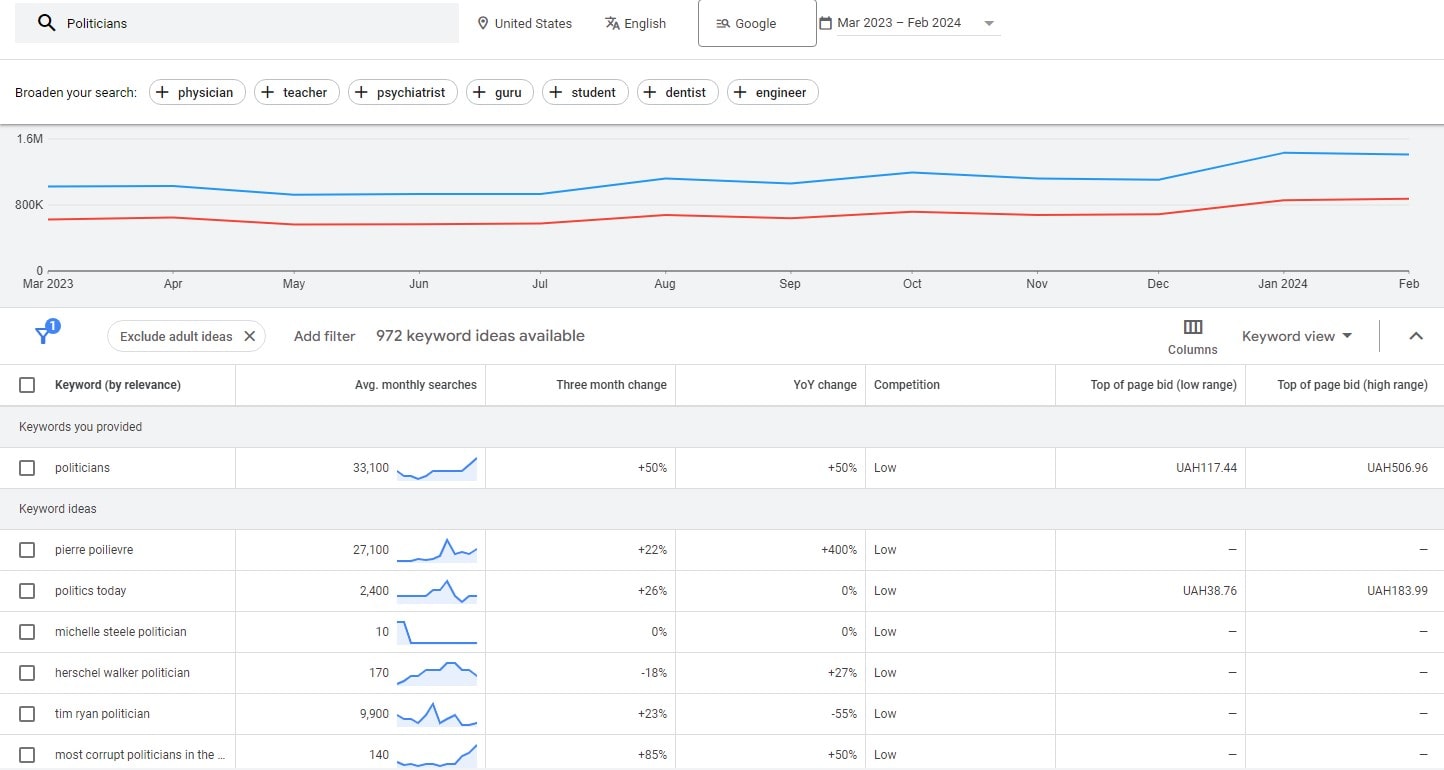
In the ocean of online content, SEO is the lighthouse guiding voters to your political campaign’s shores. It’s not just about being visible; it’s about being found by the right people at the right time. With the strategic use of SEO, your campaign can rise above the noise, reaching those searching for the proposed solutions.
Keyword Strategy for Politicians
Crafting a robust keyword strategy is the first step to ensuring your campaign content reaches its intended audience. Identifying keywords that voters use to find information on political issues, policies, or candidates allows you to tailor your website and content accordingly. Tools like Google’s Keyword Planner can provide insights into the search terms with the highest volume and relevance to your campaign. Including these keywords in your website’s meta tags, headings, and content increases visibility and matches voter requests.
Content Marketing Optimization for Politicians
With your keywords in place, the focus shifts to content optimization. This involves creating informative, engaging, and keyword-rich content that addresses the electorate’s concerns and interests. Each content should serve a dual purpose: to inform and optimize. You enhance your site’s relevance and authority by integrating keywords naturally and providing clear, concise answers to common questions. This improves your search engine rankings and builds trust with your audience. For guidelines on optimizing content for SEO, Moz’s Beginner’s Guide to SEO offers a comprehensive overview.
SEO for political campaigns is a marathon, not a sprint. It takes patience, precision, and a comprehensive grasp of your audience’s search behavior.
Leveraging SEO effectively ensures your campaign is front and center when voters seek information. It’s about connecting with your audience through meaningful content that answers their questions and aligns with their search intent. By implementing a strategic SEO plan, your campaign gains visibility, credibility, and, most importantly, engagement from the electorate. In the digital age, being found is just as important as being seen.
Engaging Through Live Streams and Webinars for Politicians

In an age of digital connectivity, live streaming and webinars can reach voters directly. These tools allow politicians to transcend geographical boundaries, making their message accessible to a broader audience. It’s about bringing the town hall to the voters’ screens—personal, interactive, and real-time.
Planning Your Live Event
The success of a live stream or webinar starts long before you go live. It involves meticulous planning, from choosing a platform that best reaches your target audience to promoting the event across social media and email lists to ensure maximum attendance. Consider the timing of your event carefully; it should be convenient for most of your audience. Utilizing platforms like Zoom or Facebook Live allows for ease of access and broad reach. Preparation also means having a clear agenda and a technical rehearsal to avoid hiccups during the event.
Engaging Your Audience
Engagement is the soul of live events. Encourage questions from your audience and answer them in real-time to create a dialogue rather than a monologue. Use surveys and Q&As to engage your audience. This interaction not only makes your audience feel valued but also provides you with immediate feedback on public sentiment and concerns. For strategies on boosting engagement, HubSpot’s guide on webinar engagement offers practical tips and techniques.
Live streams and webinars are more than just broadcasting tools; they are a means to build and strengthen the bond between politicians and the electorate. They offer a unique opportunity to showcase authenticity, transparency, and a commitment to directly addressing voters’ concerns.
Engaging through live streams and webinars is an essential strategy in the digital campaigning toolkit. It allows for real-time interaction, provides a platform for detailed discussion of policies and ideas, and humanizes the political figure behind the campaign. These methods can boost political campaign reach and influence in the future. In the digital age, connection is key, and live events are one of the most powerful ways to connect.
Conclusion
In the digital age, crafting a political campaign that resonates and engages with the electorate is both an art and a science. The strategies we’ve explored—building a digital presence, utilizing data analytics, mastering content marketing, leveraging digital advertising, optimizing email campaigns, enhancing SEO, and engaging through live events—are your toolkit for success. Each plays a vital role in connecting voters and turning digital interactions into real-world support. Hungry for more insights on digital excellence? Dive into Plerdy’s blog for knowledge that can transform your online strategies. Make Plerdy your partner in navigating the digital landscape, where every click and interaction brings you closer to your campaign goals.
